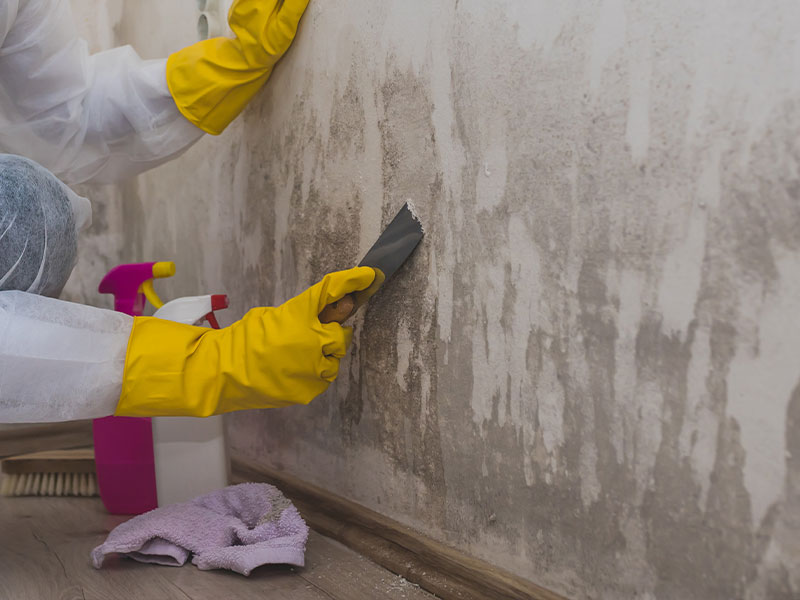Ensuring the safety and longevity of commercial buildings requires meticulous attention to potential hazards like mold. Mold infestations can silently undermine structural integrity and jeopardize the health of occupants, making expert mold inspection and testing solutions indispensable. Commercial buildings, with their complex structures and diverse usage patterns, are particularly vulnerable to mold growth. Factors such as poor ventilation, water leaks, and high humidity levels create ideal conditions for mold to thrive unnoticed. Left unchecked, mold can infiltrate walls, ceilings, and air ducts, compromising the building’s integrity and air quality. This underscores the critical importance of proactive mold inspection and testing measures. Expert mold inspection begins with a comprehensive assessment by certified professionals who possess specialized knowledge and state-of-the-art equipment. These inspections are not limited to visible mold but extend to concealed areas where moisture accumulation might occur, such as behind walls or beneath flooring.

Advanced techniques like thermal imaging and moisture meters aid in detecting moisture sources that sustain mold growth, ensuring a thorough evaluation. Following the inspection, meticulous testing is conducted to identify the type and concentration of mold present. This phase is crucial as different mold species pose varying health risks, from mild allergies to severe respiratory issues. Sampling techniques include air sampling, surface sampling, and sometimes bulk sampling, depending on the suspected contamination areas. These samples are carefully analyzed in accredited laboratories to provide precise data on mold species and spore counts. The insights gained from these inspections and tests empower building owners and managers to make informed decisions regarding remediation strategies. Timely intervention not only mitigates health risks but also prevents potential structural damage that could escalate maintenance costs and operational disruptions. Furthermore, compliance with regulatory standards and industry best practices is non-negotiable in maintaining commercial property value and reputation. Regular mold inspections and testing not only fulfill legal obligations but also demonstrate a commitment to occupant well-being and environmental stewardship.
In addition to health and regulatory considerations, the financial implications of mold cannot be overstated. Swift detection and remediation save businesses from costly repairs and legal liabilities stemming from occupant complaints or lawsuits. Insurance providers may also require evidence of regular mold inspections to validate coverage, highlighting the preventive benefits of proactive mold management. Beyond remediation, Water Damage Companies Near Me ongoing monitoring and maintenance are essential components of a comprehensive mold management strategy. Periodic re-inspections and testing ensure that remediation efforts remain effective and that new sources of moisture are promptly identified and addressed. This proactive approach minimizes the likelihood of recurrent mold issues, preserving the building’s structural integrity and safeguarding occupants’ health. Expert mold inspection and testing solutions are indispensable for protecting commercial buildings from the insidious threats posed by mold. By leveraging specialized expertise, advanced technologies, and rigorous testing protocols, building owners and managers can uphold safety standards, regulatory compliance, and financial stability.
